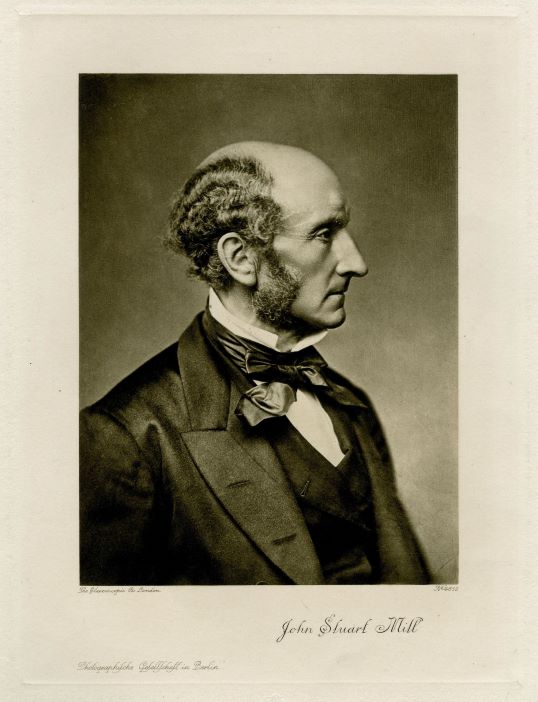Liberty Matters
Lumps of Soft Clay?

There is much to agree with in the conversation so far. I would add three nuances for us to consider. First, on the purported separation of production and distribution in Mill, I have argued elsewhere and would here maintain that Hayek and many historians of economics were rather too quick to indict Mill.[56] Nowhere in the Principles of Political Economy does Mill suggest that changes in distributional arrangements will have no impact on production; much of his enterprise in the Chapters on Socialism is in fact designed to show precisely the opposite: that while distributional rules may be changed by people in ways that production is not malleable, there will be consequences when institutions are changed.
Second, as the contributors have noted Mill was much concerned with whether human nature might change and how. We are in agreement that incentives matter. What I should like to add to the mix here is that incentives, in Mill’s view, can be either monetary or accrue in another, incommensurate dimension, approbation. For Mill – and he is the last major economist who works in this tradition until the rise of experimental economics brings it back to our attention – people care about the approval of those like them (and, to a lesser degree, those far from them in social and economic space). Indeed, human nature may respond more readily and more deeply to approval than to pecuniary rewards.
Later in the century an economist whose career partially overlapped that of Mill, William Stanley Jevons, closed off any possibility of people changing. Humans, he wrote in opposition to Mill, were more like “granite rocks” than the “lumps of soft clay” Mill had proposed:
Human nature is one of the last things which can be called “pliable.” Granite rocks can be more easily moulded than the poor savages that hide among them. We are all of us full of deep springs of unconquerable character, which education may in some degree soften or develop, but can neither create nor destroy. The mind can be shaped about as much as the body; it may be starved into feebleness, or fed and exercised into vigour and fullness; but we start always with inherent hereditary powers of growth.[57]
Endnotes
[56.] See my introduction to Hayek on Mill: The Mill-Taylor Friendship and Related Writings [Chicago: University of Chicago Press, 2015], p. xli.
[57.] William Stanley Jevons, “John Stuart Mill’s Philosophy Tested. IV. Utilitarianism,” Contemporary Review, vol. 36 (November), pp. 521-38.
Copyright and Fair Use Statement
“Liberty Matters” is the copyright of Liberty Fund, Inc. This material is put on line to further the educational goals of Liberty Fund, Inc. These essays and responses may be quoted and otherwise used under “fair use” provisions for educational and academic purposes. To reprint these essays in course booklets requires the prior permission of Liberty Fund, Inc. Please contact oll@libertyfund.org if you have any questions.